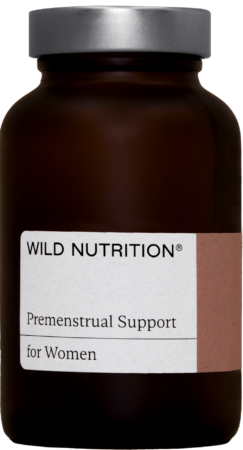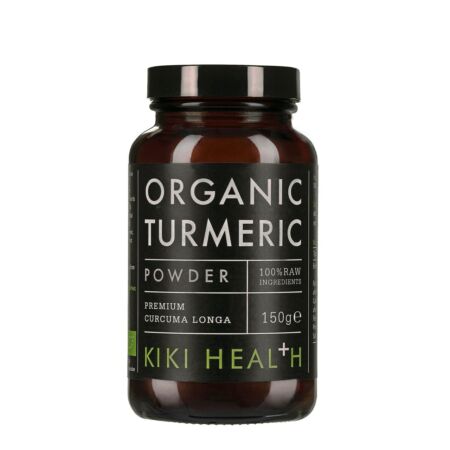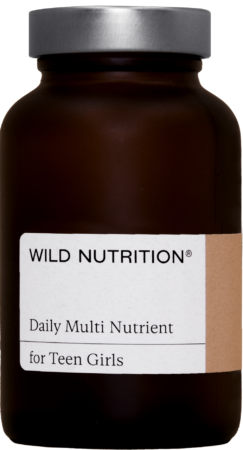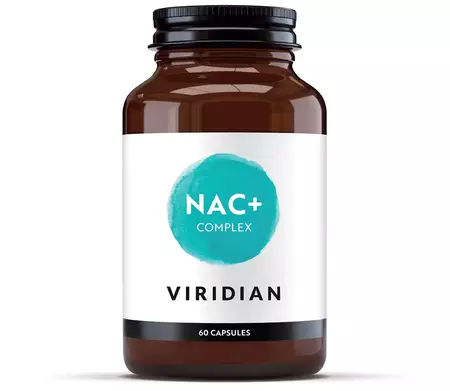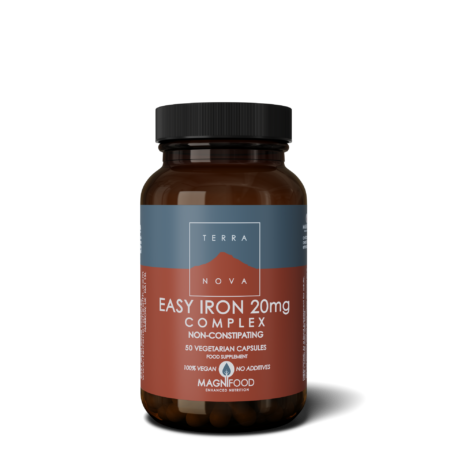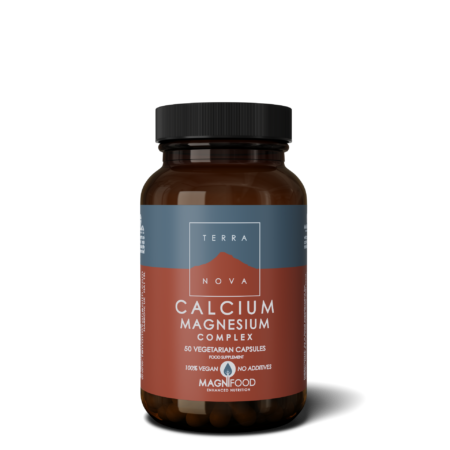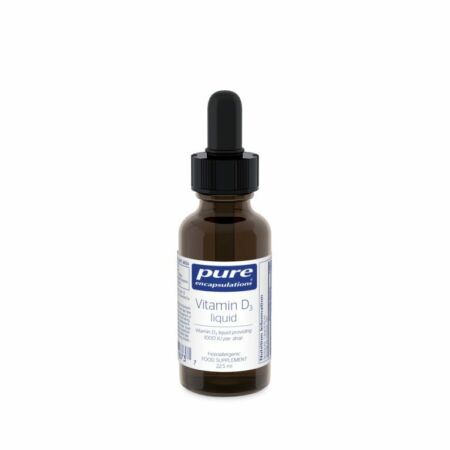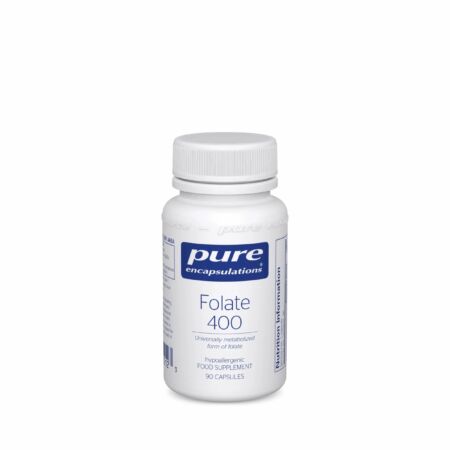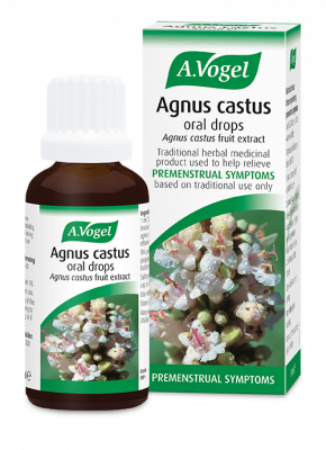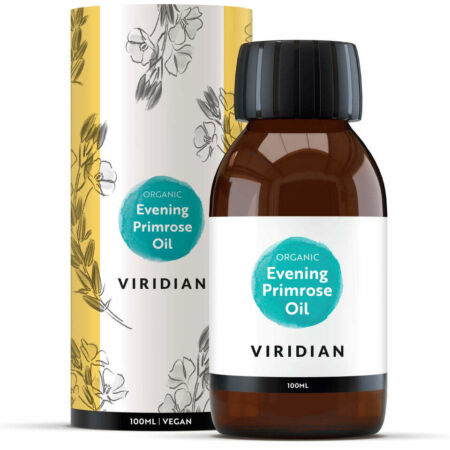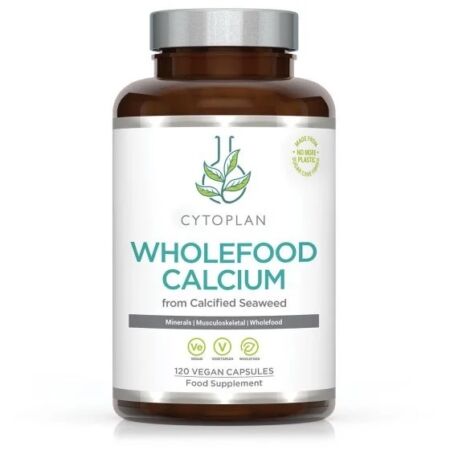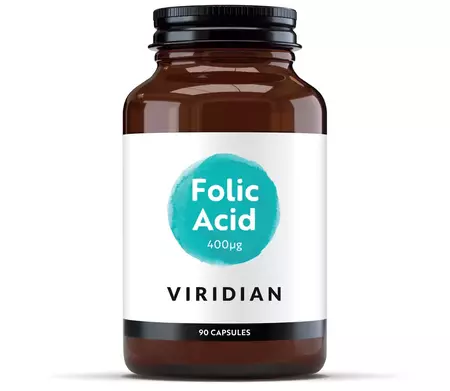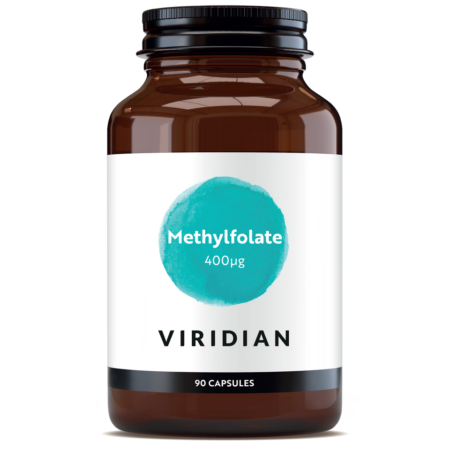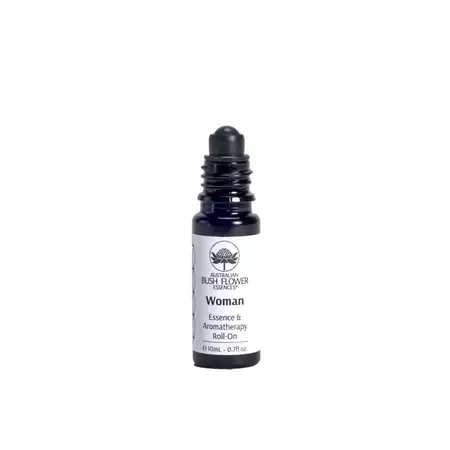Here we discuss dietary and lifestyle recommendations for irregular periods: There are many possible causes of menstrual irregularities, therefore treatment options vary per individual. Consider booking a nutritional therapy consultation with us.
What classes as an irregular menstrual cycle?
The average menstrual cycle lasts 28 days, although it's very common for it to be a bit shorter or longer. Usually, after puberty, many women develop a regular cycle with a similar length of time between periods[i][ii].
Cycle lengths that vary by up to seven days are considered regular¹. For example, if a person’s shortest menstrual cycle was 27 days long and the longest was 30 days. That’s a difference of three days between them. Since this number is less than seven, these cycles would be considered regular. Alternatively, if the shortest menstrual cycle was 23 days long, and the longest one was 34 days long, the difference between them is 11 days. That’s more than seven days, so these cycles would be considered irregular.
It may be important to see a GP if you encounter any of the following[iii][iv]:
- you're under 45 and your periods suddenly become irregular
- you have periods more often than every 21 days
- or less often than every 35 days
- your periods last longer than 7 days
- there's a very big difference (at least 20 days) between your shortest and longest menstrual cycle
- you have irregular periods and desire to get pregnant
Please also come and see us for complementary therapies which can help to balance the menstrual cycle and boost fertility. Read our entry on fertility here.
A note on spotting: please see a GP if you are experiencing bleeding between periods which is not caused by contraceptive methods. Spotting and any menstrual bleeding occurring after menopause should also be addressed by your doctor immediately. Please see our article on spotting here.
Common causes of irregular menstrual cycles
Endometriosis: a condition where tissue similar to the lining of the womb may grow in other places, such as the ovaries and fallopian tubes. Please see our entry on Endometriosis here.
Hormonal fluctuations associated with puberty. Periods are often irregular for the first year or two after the menstrual cycle onset.
Perimenopause: the lead-up to the onset of menopause. At this time hormones can be turbulent and menstrual cycles can become different, such as heavier/ lighter and more irregular[v][vi].
Miscarriages and abortions/ copper IUD (intrauterine device)
Hormonal contraception (including any form of contraception which contains hormones such as the pill, hormonal coil aka. intrauterine devices/ IUDs, the implant and emergency contraception medication[vii].
Extreme weight loss or gain and stress to the body are caused by excessive exercise. Irregular periods or loss of periods are common in athletes, dancers and bodybuilders, for example[viii].
Psychological stress or emotional trauma
Travelling: whereby the sleeping pattern is disrupted
Sleep disturbances (including insomnia or working night shifts) [ix]
Ongoing menstrual cycle irregularities which cannot be explained by the above may be caused by medical conditions including:
- Polycystic ovary syndrome (PCOS)[x]
- Thyroid dysfunction (excess or insufficient thyroid hormones)
- Uncontrolled diabetes
- Pelvic inflammatory disease (PID)
- Uterine polyps or fibroids
- Primary ovarian failure (early onset menopause)
Please see a doctor if you have also experienced any of the following:
Spotting: bleeding between periods[xi]
You have been without a period for over 90 days[xii]
Severe pain during your period
Pain or bleeding during sex (which is not associated with menstrual bleeding)
Severe heavy bleeding (may be associated with anaemia)
Feeling faint and fainting (may be associated with anaemia)
Shortness of breath (may be associated with anaemia)
Paleness (may be associated with anaemia)
Dietary, supplementary and lifestyle recommendations for consideration for irregular periods
As described above, there are many possible causes of irregularities in the menstrual cycle, therefore treatment options and recommendations will vary greatly for each individual. If you would like advice tailored for your unique requirements, please contact us today for advice, or consider booking a nutritional therapy consultation with one of our expert therapists to get to the bottom of the root causes behind the issue you are facing.
- Ensure you are a healthy weight, and consuming sufficient calories per day. Eat frequently; make time for 3 large meals and 2-3 decent-sized snacks every day. Make sure you are doing the right amount and the right type of exercise for your body.
- Make sure you are consuming enough healthy fats for your needs: Common sources include: salmon, vegetable oils, walnuts, flax seeds.
- Oestrogen levels drop during certain times of the menstrual cycle which causes many of the uncomfortable symptoms associated with PMS (premenstrual syndrome). Some women use phytoestrogens as a natural or herbal remedy for relieving menstrual issues or irregularities. Sources of phytoestrogens; high sources include:
- Legumes: Soya (see notes below), lentils, chickpeas, beans.
- Herbs and vegetables: Garlic, celery, fennel, alfalfa and mung beansprouts, sage
- Seeds: Linseeds, flaxseeds, sesame seeds, sunflower seeds, almonds, walnuts.
- Grains: Rice, oats, barley, wheat germ.
- Please note: Not all soya is the same. In Japan, fermented forms of soya are the main form eaten ― tempeh, miso, natto and tamari are all examples of fermented soya foods. These are said to be the most beneficial forms. Fermentation reduces anti-nutrients such as phytates which can inhibit nutrient absorption.
Supplement recommendations:
- Premenstrual Complex (60 caps) - containing Milk Thistle , Ashwagandha , Zinc , Vitamin B6 , Dong Quai, this unique complex of vitamins and minerals, whole foods and herbs, has been created to support the female cycle and healthy hormone production.
- Wholistic Shatavari[xiii] - research suggests that Shatavari may improve menstrual irregularities. It is most famous for its power in helping to relieve perimenopausal and menopausal symptoms, it binds to oestrogen receptors in our bodies and therefore has been seen to have hormone-regulating effects[xiv].
- Nac+ (60 caps) - NAC (N-Acetyl Cysteine) can help regulate your menstrual cycle by reducing testosterone levels, promoting ovulation, and improving liver detoxification. It has also been seen to significantly benefit people with PCOS [xv].
- Vitamin D: Liquid Vitamin D3 (1000IU per drop) and Calcium: Calcium Magnesium 2:1 Complex - may help regulate periods for people with PCOS, in addition to regulating blood sugar levels[xvi].
- Premium Turmeric Powder Organic (150g) - The main benefit of turmeric that scientists have found is its ability to reduce inflammation. Research suggests that curcumin, an active ingredient found in turmeric, has anti-inflammatory effects[xvii]. Therefore, it may help support reproductive health and reduce symptoms of pain and cramping.
- Folate 400 (90 Capsules)– consuming adequate amounts of folate is key for reproductive health. It is said to promote regular ovulation and increased progesterone levels in the second half of the menstrual cycle[xviii] [xix].
- Easy Iron Complex (20mg) - Bioavailable and easy on the digestive system form of Iron combined with ingredients to facilitate absorption. Monthly blood loss through menstruation can cause anaemia, or iron insufficiency.
Testing options flor irregular periods
DUTCH test: this dried urine test looks at your hormone levels and their metabolites. It also includes cortisol and DHEA which helps to evaluate stress levels felt throughout the day and which may be contributing to your symptoms. This test will identify how you metabolise oestrogen, and may therefore point towards the cause of irregular periods in some individuals. For more information on the test click here.
Thyroid function: it is worth checking thyroid function, as this commonly changes around menopause. Thyroid function is also inextricably linked to reproductive health and hormone production and function. Usually testing for markers such as: TSH (thyroid stimulating hormone), FT3 & FT, thyroid function tests can be sought privately or through your GP. Talk to us for further advice. Read more on Complete Thyroid Panel.
Metabolomix Plus Advance: this finger prick test provides a fully detailed analysis of individual vitamins, minerals, phytonutrients and amino acids status, markers for gastrointestinal function, oxidative stress, essential fats status and the nutrient and toxic elements clearance. It helps to identify your nutritional needs, which if supported appropriately, could help with supporting a healthy reproductive system by making sure your body has everything it needs for optimal health. Read here for more information.
NutrEval: This test provides a unique and comprehensive assessment of nutritional status, which is the same as the Metabolomix Plus Advanced with added extras. This test requires a full blood sample done via a partner phlebotomy service together with the urine sample and this provides the analysis of some additional markers such as vitamin D, glutathione and homocysteine. Click here for more information.
In Summary:
Irregular periods have many causes. Making good lifestyle changes to reduce or manage stress and maintain a healthy body weight may help regulate periods, so this is definitely a good place to start.
Please see our articles on sleep, anxiety and stress for suggestions on how to support relaxation. Please also see more info on female hormones here.



